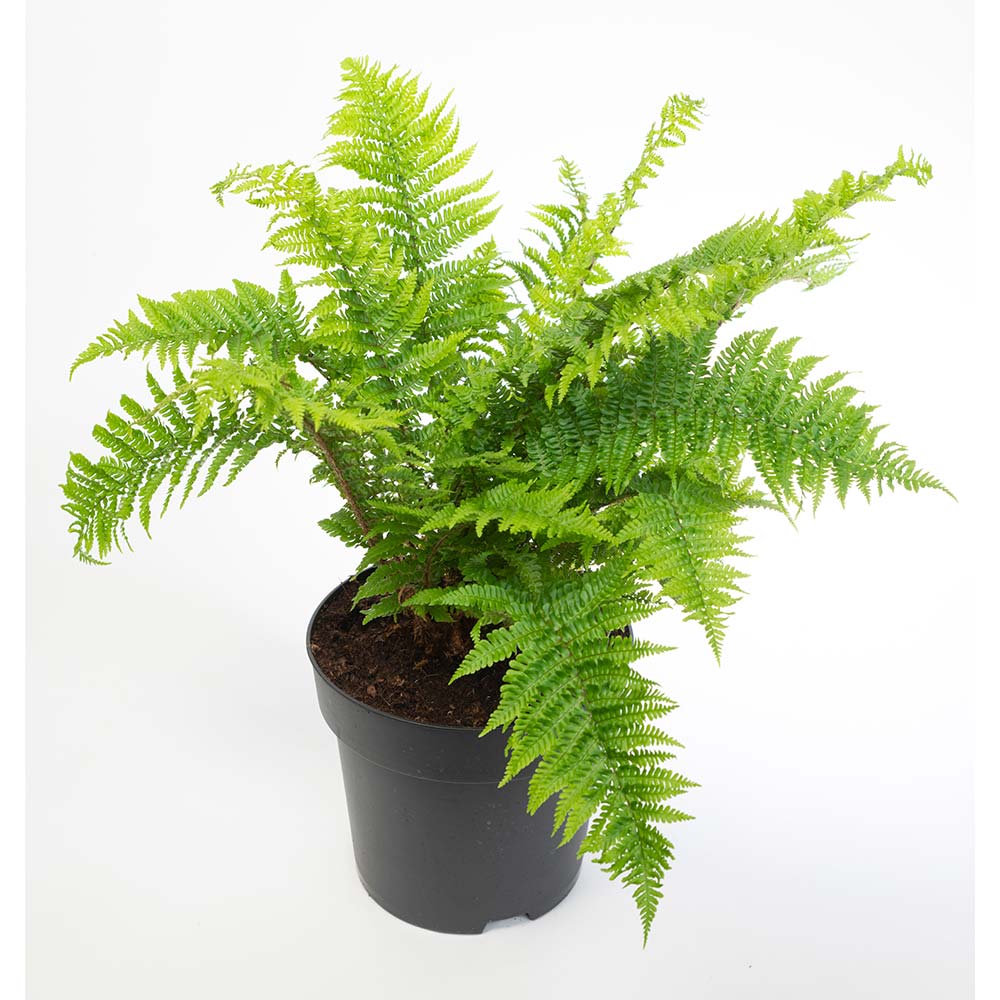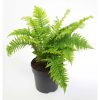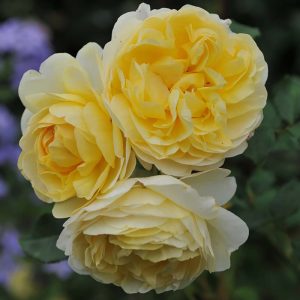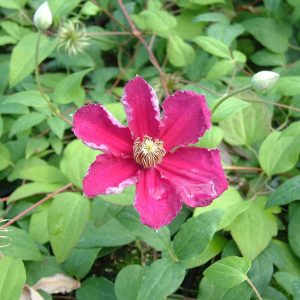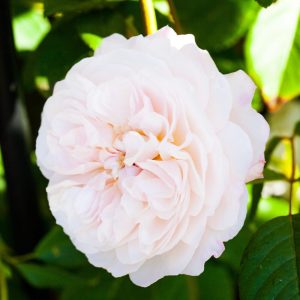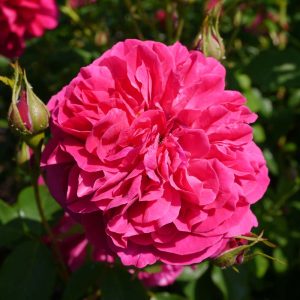Description
Dryopteris affinis, commonly known as the golden-scaled male fern, is a beautiful and popular fern species that is native to Europe and North America. This hardy plant is prized for its unique appearance and low maintenance requirements, making it a popular choice for gardens and landscapes. The fern features a striking clump of arching fronds that are a deep green color. The fronds are pinnate, which means that they are divided into many small leaflets that give the fern a delicate, lace-like appearance. One of the most distinctive features of Dryopteris affinis is its golden-brown scales, which cover the base of each frond and add an extra element of texture and interest to the plant. These scales are also a useful identifying characteristic for the species. Overall, Dryopteris affinis is a beautiful and low-maintenance fern species that is sure to add texture, color, and interest to any garden or landscape. Its unique appearance, hardiness, and ease of care make it an excellent choice for both beginner and experienced gardeners alike.
Key Facts
- Common Name(s):Scaly male fern Crispa Gracillis
- Hardiness:Fully hardy through most of the UK
- How big will I get? Dryopteris affinis Crispa Gracilis can grow to a height of 0.2m and a spread of 0.5m.
- Did You Know That:The name Dryopteris means Oak Fern in Latin?
Plant Calendar
A rough guide to how this plant will change through the year.
| Jan | Feb | Mar | Apr | May | June | July | Aug | Sept | Oct | Nov | Dec | |
| Foliage Colour |  |
 |
 |
 |
 |
 |
 |
 |
 |
 |
 |
 |
| J | F | M | A | M | J | J | A | S | O | N | D |
 |
 |
 |
 |
 |
 |
 |
 |
 |
 |
 |
 |
Care Guide

Soil Requirements
Dryopteris affinis Crispa Gracilis prefers moist but well-draining soil. This plant can grow in soil with a wide range of pH levels, it is not picky about the pH level of the soil.

Best Position
Dryopteris affinis Crispa Gracilis can handle either an exposed or a sheltered position and is perfect for darker areas of your garden it likes either full or partial shade.

Maintenance
Dryopteris affinis Crispa Gracilis doesn’t require any regular pruning. Any dead or damaged fronds that take away from the overall look of the plant can be removed as they appear.

Pest, Diseases and Wildlife
Dryopteris affinis Crispa Gracilis is generally pest free, and it tends not to have problems with diseases. It is not considered to be toxic.
